SMS Triggered Actions
Estimated reading time: 9 minutes | Target users: Supervisors
In this tutorial, you will learn how to trigger various outbound and inbound SMS workflow actions based on the SMS feature.
With VCC Live, your outgoing and incoming SMS messages can trigger various events, which you can set up in the VCC Live supervisor interface. These are automations that save time for you and your agents and reduce the possibility of errors. Such triggered actions include saving a phone number with a Shared Callback disposition, a Discard disposition, and many others.
This tutorial shows you:
- How to trigger workflow actions based on Outbound SMS
- How to trigger workflow actions based on Inbound SMS
- What are the possible use cases of each of those features are
1. Outbound SMS-Triggered Actions
When an SMS message is sent from VCC Live, the system detects whether the SMS message was sent successfully or not. As such, there are three possible states for SMS messages, and when you are creating an SMS template, you can define what happens depending on which of the states applies to your message. The states are as follows:
- Sent: The SMS is sent but it is not yet delivered (the recipient’s phone is switched off or it is out of reach).
- Delivered: The SMS message was successfully delivered
- Not traceable: The system is unable to determine whether the SMS was delivered or not.
For each of these states, you can determine which disposition (active or inactive) should be set for the given record. You can choose any of the system-default dispositions, or you can also choose your own custom one.
Tip: We recommend creating and using Inactive dispositions for triggering actions based on outbound SMS messages, as agents cannot use these dispositions.
In order to distinguish the origin of the set disposition, we recommend creating and using Inactive dispositions (inactive dispositions cannot be chosen as call termination by agents) for the purpose of triggering actions based on outbound SMS.
If you set up a disposition based on an SMS message delivery status (Sent, Delivered, Not traceable), then it can be found in the record’s event list, along with the following information:
- Event type: SMS
- Username: System
- Date set: The date and time of the SMS’ status change
2. Inbound SMS-triggered actions
It is also possible to set up triggered actions based on incoming SMS messages. To do this, it is necessary to set up an appropriate SMS Webhook solution. Once you have created it, you can set up filters in your environment based on Webhook fields, which then can trigger further actions. Some useful Webhook fields include:
- Direction: Message direction (in)
- Message: The message text
- numberId: Record identifier number
- projectId: Project identifier number
- sourcePhoneNumber: The Sender’s phone number
- Timestamp: Request timestamp, which equals the time the message was received
Note: For Inbound SMS messages the numberID field returns 0. We aim to match inbound SMS messages with records on the project’s database, so stay tuned!
Chosen actions can then be triggered by using Database API. For example, it is possible to search for a record matching a sourcePhoneNumber, then update the record’s disposition with a chosen one, depending on other values such as the SMS Message or Timestamp.
Tip: You can also set a disposition to a record automatically when a Customer sends an SMS with a given text in it. Learn more about it here..
3. SMS Triggered Events Examples
3.1 Set a callback for clients whose SMS delivery status is Not traceable
Based on the status of your sent SMS message, you can work out which customers did not receive the mass SMS. Messages with a Not traceable status can trigger your system to create a Shared callback with a call date, so your agents can reach customers who could not receive your SMS.
3.2 Set a callback for 2 days later to those clients who read your message
If your customers have received and read your message, the SMS message is registered as Delivered in VCC Live. This status can then trigger your system to create a Shared callback time and date in VCC Live for 48 hours later, so your agents can reach out to customers who have provided positive feedback, and take the next step with them eg. ask them to participate in a survey, offer them a promotional offer, etc.
3.3 Request an appropriate call time for your next contact with a client
The disposition of your last, unsuccessful call attempt can trigger an SMS to your customer, informing them of your call attempt and asking for a suitable time to call again. The text message can specify the format of your client’s reply, so your system can process them accordingly.
Example:
“Dear Client, we tried to contact you regarding your application. Please let us know what a good time is to call you again by answering this message. Please provide your preferred time and date in the following format: YYYY-MM-DD hh:mm
Yours XXX”
Useful API resources:
- Set up an SMS Webhook to receive information about the received SMS
- List your records to find the recordID matching the customer’s (SMS sender’s) phone number. Example: https://accountname.asp.virtual-call-center.eu/v2/projects/projectid/records?phone1=sourcePhoneNumber
- Use Add Disposition API to set the relevant disposition, for example dispositionid=2 (Shared Callback) and the next call time (as next_calldate), which is based on the incoming text message.
3.4 Ask for a promise-to-pay date, and call the customer only if the agreed date has passed
Initiate a mass SMS campaign informing your customers about their overdue payments, and asking them to provide you with a promise-to-pay date. The incoming SMS message with the promised pay date can trigger a callback date, for example, 1 day later, if the payment has still not been received.
You can also let your clients request a call from your agents to find a solution for their overdue payment or suggest paying during a phone call.
Example:
“Dear Client, Your payment is {days_overdue.value} days overdue. If you would like to have our consultant call you to agree on a payment date, reply YES, if you are going to pay within the next 3 days, reply with a date when you can make a payment. Format: YYYY-MM-DD. Yours XXX”
Useful API resources:
- Set up an SMS Webhook to receive information on the received SMS
- List your records to find the recordID matching the customer’s (SMS sender’s) phone number. Example: https://accountname.asp.virtual-call-center.eu/v2/projects/projectid/records?phone1=sourcePhoneNumber
- Use Add Disposition API to set the relevant disposition, for example dispositionid=2 (Shared Callback) and the next call time), which is based on the incoming text message.
- You can set up the next call time as next_calldate=’Message’, increased by 1 day, and by adding, for example, ‘08:00:00’ to fulfill the field format requirements, you can set up a call for 8 AM the next day following the promised-to-pay date.
Related articles
There's always more to learn. Discover similar features by visiting related articles:
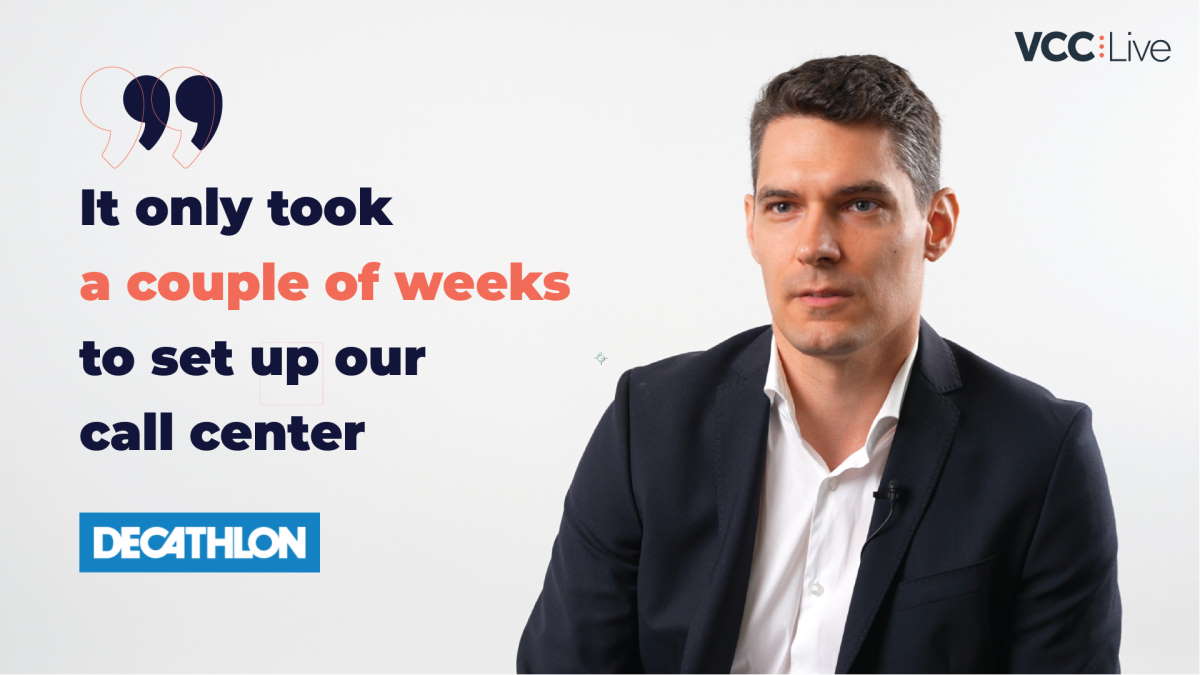
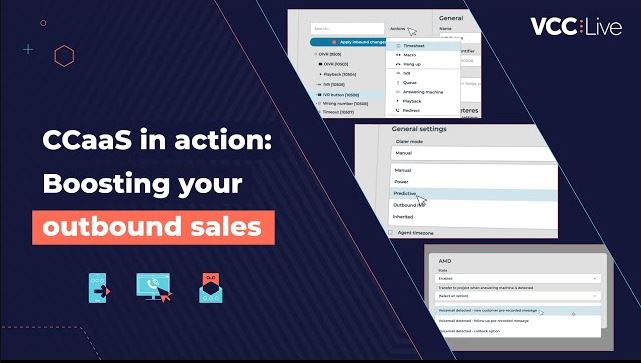
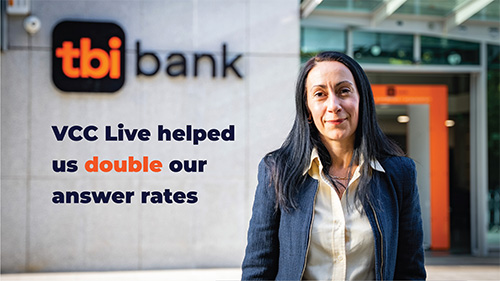
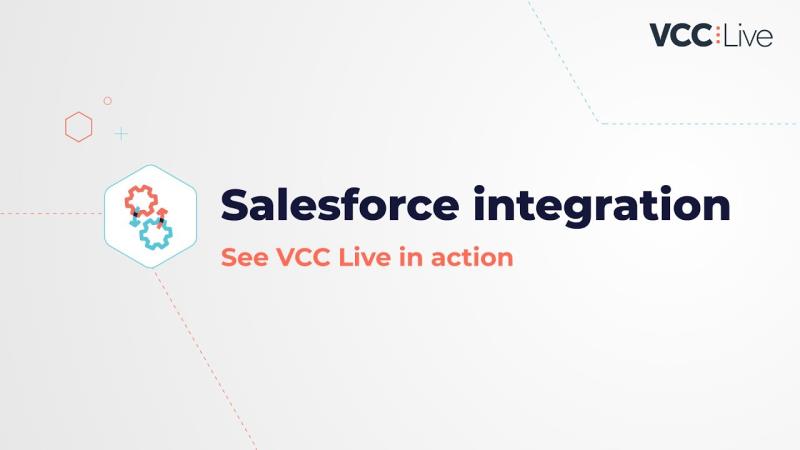
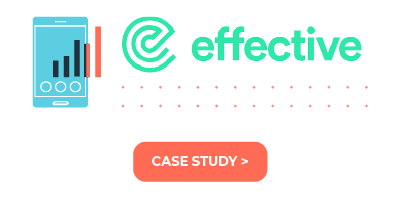
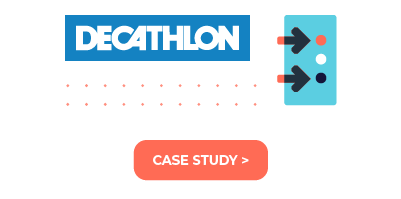
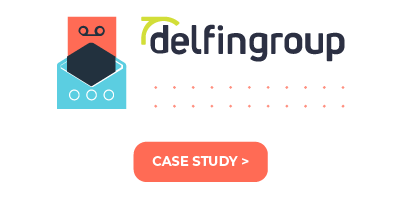
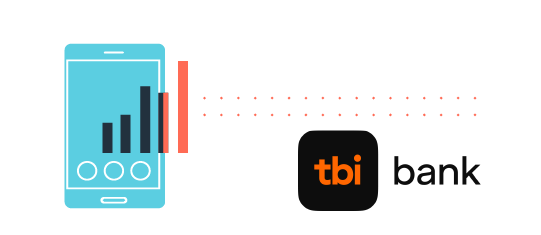

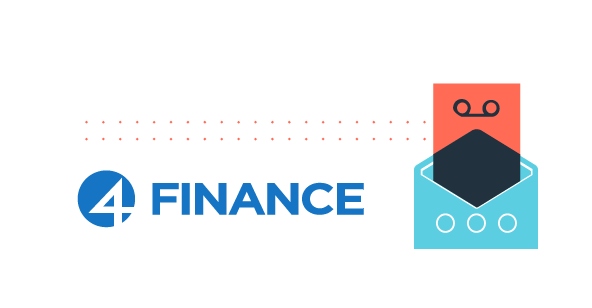


Comments
Can’t find what you need? Use the comment section below to connect with others, get answers from our experts, or share your ideas with us.
There are no comments yet.